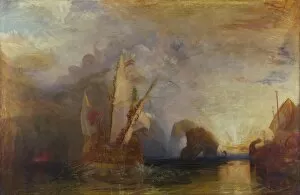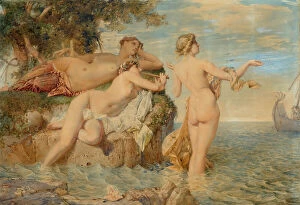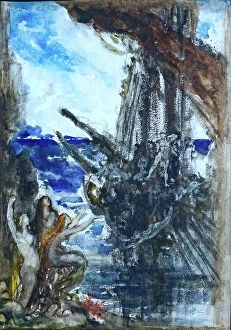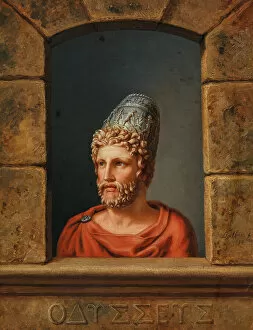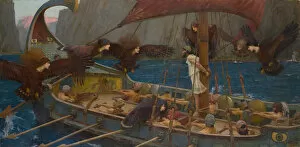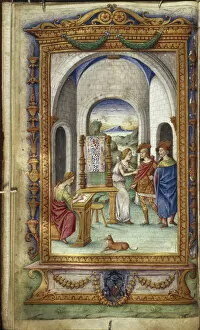King Of Ithaca Collection
The King of Ithaca was a legendary figure in Greek mythology, known for his cunning intelligence and strategic prowess
For sale as Licensed Images
Choose your image, Select your licence and Download the media
The King of Ithaca was a legendary figure in Greek mythology, known for his cunning intelligence and strategic prowess. As the ruler of the small island kingdom of Ithaca, he faced numerous challenges and adventures that tested his leadership skills and courage. From outsmarting monsters to navigating treacherous seas, the King of Ithaca always emerged victorious with his quick wit and resourcefulness. His loyalty to his family and subjects made him a beloved figure among his people, who looked up to him as a wise and just ruler. Despite facing many obstacles on his journey home from the Trojan War, including battling vengeful gods and treacherous suitors, the King of Ithaca never wavered in his determination to return to his homeland. In the end, he proved himself as not only a king but also a hero whose legacy would be remembered for generations to come.

